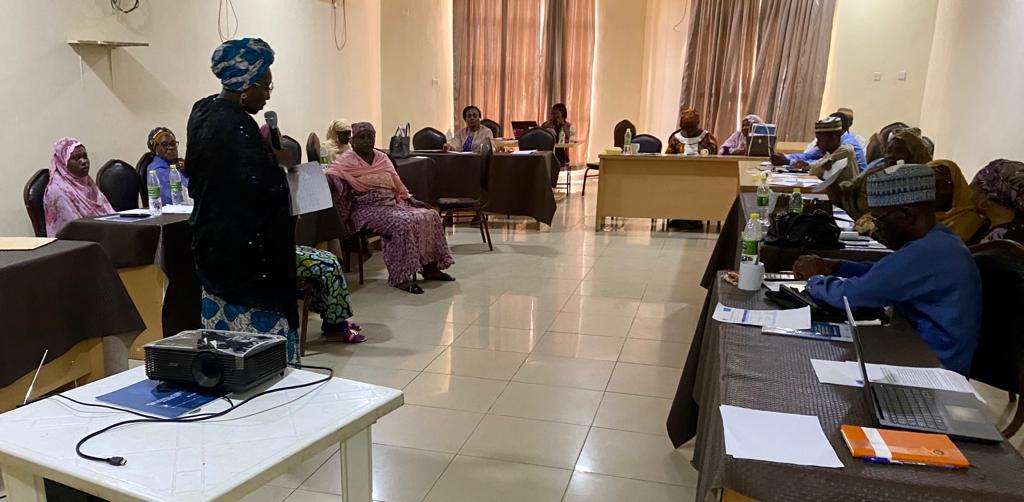Baseline Research Validation Workshop
- Baobab Rights
- Sep 7, 2023
- 2 min read
Updated: Feb 14, 2024
The One-day meeting held in Jigawa, Nigeria, seeks to Validate the Baseline research; The status of women and their rights in the context of Muslim law and the relationship between such laws and the VAPP act of 2015 in Bauchi, Jigawa and Kano states.

There is a need to share the findings of this research with relevant stakeholders to measure its authenticity and accuracy in capturing the lived experience of women in the above-mentioned states. The validation meeting serves as a critical juncture in the research process, providing an opportunity to present, discuss, and validate the findings of the study on the status of women's rights within the context of Muslim laws and their interaction with the VAPP Act of 2015 in Bauchi, Jigawa, and Kano States, Nigeria
In addition, the validation meeting brings together a diverse range of stakeholders, including legal experts, religious scholars, policymakers, and women's rights advocates. Their collective expertise and insights will contribute to the validation of the research findings, ensuring accuracy and reliability. This process enhances the credibility of the research outcomes and recommendations.
The objectives of the meeting:
To present the key findings and insights derived from the research study.
To validate the accuracy and relevance of the research findings through expert feedback and insights.
To facilitate an informed discussion on the relationship between Muslim laws, the VAPP Act, and the promotion of women's rights.
To gather recommendations from stakeholders that can inform policy-making and societal progress in the context of women's rights and legal harmonization.
In conclusion, the study examines the intricate interplay between religious laws and statutory laws, particularly focusing on the VAPP Act of 2015. By convening experts and stakeholders, the meeting aims to assess the implications of the findings on policy formulation, legal reform, and the promotion of women's rights within the cultural and religious context of the selected states.
.jpg)



























Comments